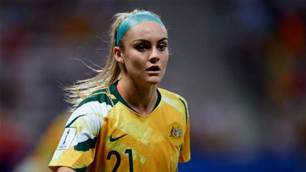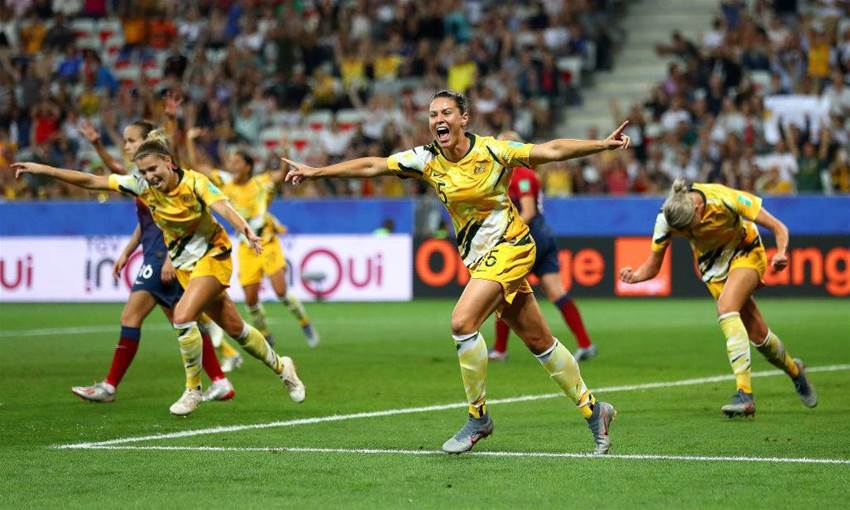There’s just over a month to go until the host of the 2023 Women’s World Cup is announced.
Australia and New Zealand’s joint bid has made it down to the final four, up against Brazil, Colombia and Japan. As the last bidders hold their breath we’ve taken a look at just what hosting the tournament would mean for Australia.
Greater visibility for the women’s game
The Matildas have taken the country by storm- winning the title of Australia’s most loved sporting team in 2019. Hosting the World Cup in our own backyard would build on this local support and also showcase women’s footballing talent from around the world. With European and Asian nations emerging as new football powerhouses the time is right to showcase just how much the women’s game has to offer - and what better place to do it than in a country that has already embraced it’s female footballing heroes.
Having such an unprecedented opportunity to watch the best of the best duke it out will not only raise the profiles of the players but inspire the next generation of footballers.
Springboard for greater investment in women’s football
Hosting any major tournament means that women’s football will be front and centre for an entire month of the Australian sporting calendar. This increased visibility is the perfect opportunity to showcase the viability of the women’s game as a business model.
The benefits of greater investment in the game are easy to see as it can mean the difference between going all the way or an early exit. One of the greatest challenges currently facing the game is a lack of funding and a World Cup is the perfect time to show that there is a very real and enthusiastic audience for women’s sport.
Strengthening the trans-Tasman relationship
In response to FIFA’S announcement that the number of teams competing would be increased, Australia and New Zealand launched a joint bid to accommodate all 32 nations. This will highlight the ways in which both countries can work together to improve the game.
This can include pooling of resources, a possible inclusion of New Zealand teams in an expanded W-league and an improved ability of players to access professional opportunities both sides of the Tasman. If inequality is to be addressed, it will need the combined efforts of nations around the world and a joint bid is the perfect place to start.
Bringing communities together
Australia is one of the most diverse countries in the world, as showcased in the 2015 Asia Cup an international tournament gives the opportunity for these communities to come together to support their teams.
While Australia would have the home ground advantage each team would be vocally supported by local and travelling fans alike.
Certainty in the time of COVID-19
The impact of COVID-19 on the football has been devastating, stopping leagues across the global, forcing federations and teams to cut jobs and leaving many players uncertain of their future.
Securing the World Cup would provide some certainty across the Australian and New Zealand footballing community, creating jobs and providing a concrete goal to work towards.
It is also a reminder that no matter how tough things are now for the footballing community things will improve and get back to normal in time for a world-class World Cup.
Want the best women’s football news in your inbox? Sign up here!
Tap here to follow us on Insta for the best football news daily!
Related Articles

'Timing not right': Montemurro's verdict on Matildas vacancy

Matildas: 'Fourth at the Olympics is honestly the worst place you could come'
.jpg&h=172&w=306&c=1&s=1)






_Cropped.jpg&h=200&w=300&c=1&s=1)

_Cropped.jpg&h=200&w=300&c=1&s=1)












